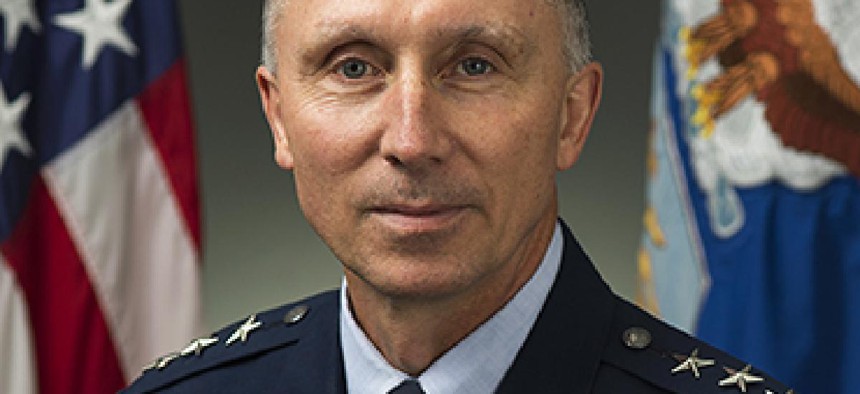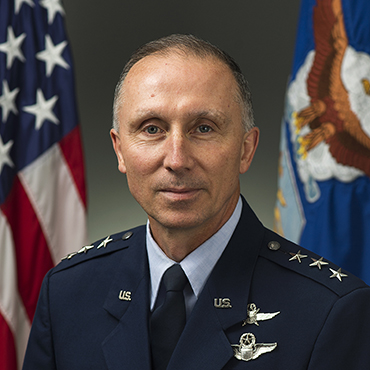Air Force cybersecurity campaign takes off

Air Force CIO Lt. Gen. William Bender announced a yearlong cybersecurity awareness push and the creation of a chief information security office.

Air Force CIO Lt. Gen. William Bender said, "Everyone in the total force must learn to think of cyberspace as a warfighting domain."
Air Force CIO Lt. Gen. William Bender released a memo announcing a yearlong Cyber Secure campaign to address cybersecurity throughout the service.
"In 2016, it is no longer adequate to have just National Cybersecurity Awareness Month," the memo states. "Going forward, we must position cyber at the forefront of our thinking, planning and operations to successfully support the five core missions" of the Air Force.
Due to the interconnected nature of the expanding internet of things, "our devices, aircraft and systems are more vulnerable to exploitable attack vectors," Bender wrote. "Every time you log onto a system, click on a link, download a file or plug one device into another, we risk exposing our systems to exploitation."
He added that any device that communicates with other computer systems and most modern military equipment "in some way is part of cyberspace."
Bender also announced that he was establishing the chief information security office based on a recommendation from the chief of staff of the Air Force.
"Industry leaders have been utilizing this approach to cybersecurity for several years, and it is time we had an enterprise strategy to protect and operate in cyberspace," Bender wrote, adding that Air Force members are the most powerful tool to augment cybersecurity.
Maj. Gen. Cedric George, the Air Force's deputy chief of staff for logistics, emphasized the importance of data to the service's strategy, tactics and operations.
"It's as important to logisticians as fuel," he said in a statement. "We need every airman to understand that cybersecurity awareness and the mission systems we connect to are inextricably linked, and we must be cyber secure."
Bender added that cyberspace extends far beyond technicians. "Everyone in the total force must learn to think of cyberspace as a warfighting domain," he said. "Mission assurance is not something created by technical experts alone."


